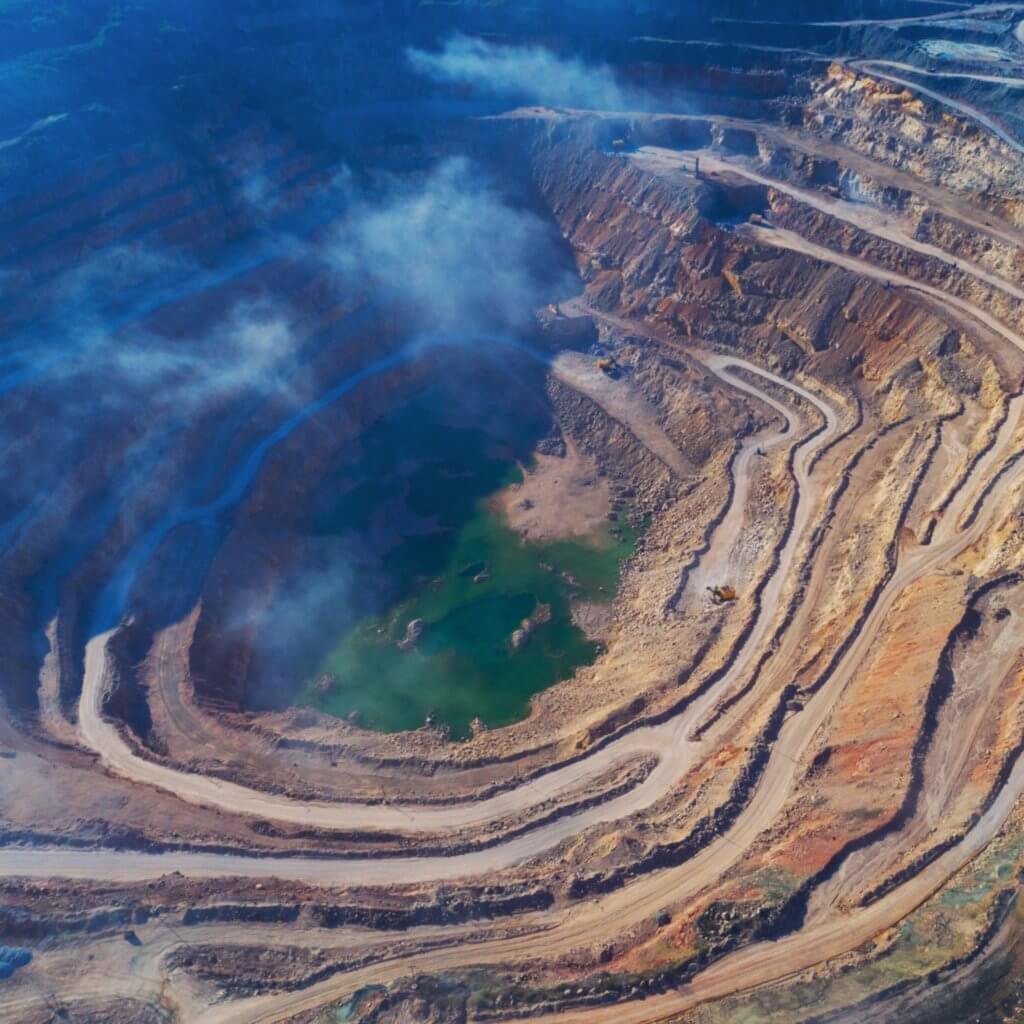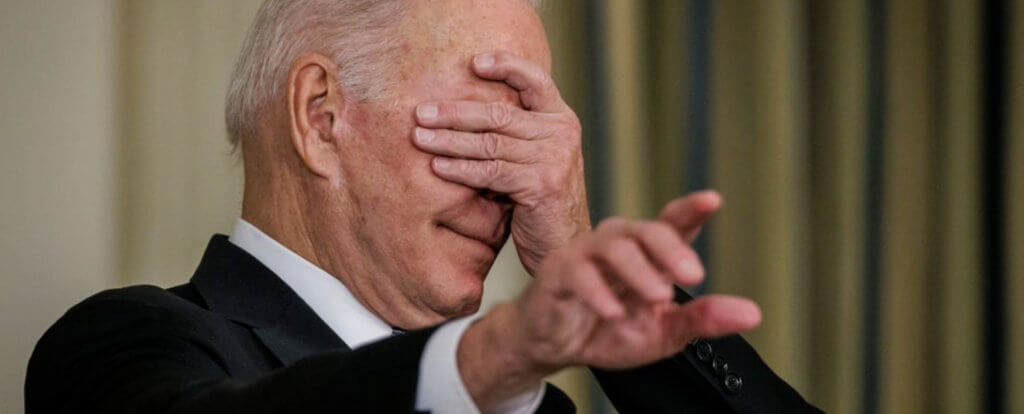The Battery Boom Will Redraw Geopolitical Maps

- The vulnerability of global energy markets is once again back in focus due to Russia’s invasion of Ukraine.
- The race for a renewable future will come with its own geopolitical issues and could lead to new conflicts as new supply chains emerge.
- In March, President Biden introduced a plan to secure the strategic and critical materials necessary for the clean energy transition—such as lithium, nickel, cobalt, graphite, and manganese.
Russia’s invasion of Ukraine has exposed, once again, the vulnerability of the global energy markets and economy to the actions of petrostates with the power to weaponize their energy resources for political purposes. In the biggest shock to oil flows since the 1973 Arab oil embargo, the war in Ukraine and the hesitancy of Europe to immediately punish Putin threw into sharp relief the geopolitical power that countries with huge oil and gas resources currently hold.
The European Union’s response to Russia’s invasion of Ukraine is to wean off Russian energy as soon as possible and reduce overall fossil fuel consumption in the longer term in order to stop being beholden to malign actors for energy sources.
The mad dash to boost renewables and transport electrification, however, comes with its own set of geopolitical issues.
Countries that aren’t Saudi Arabia, Iraq, and Iran hold vast resources of the metals and minerals that will be critical to enabling a faster energy transition. But those resource holders also include Russia, China, and a host of African and South American nations still living “the resource curse”, where conflict, forced and child labor, and critically low environmental standards are undermining the “green” credentials of the clean energy transition.
As developed economies look to lessen their dependence on fossil fuels and, by extension, on the political goals and whims of major oil and gas resource holders such as Russia and the members of OPEC, the geopolitical influence of the petrostates would likely wane over time. But a new geopolitical issue would rise—potential dependence on countries holding resources of critical minerals. And those countries include the likes of China and the Democratic Republic of Congo (DRC), for example. – READ MORE




Responses